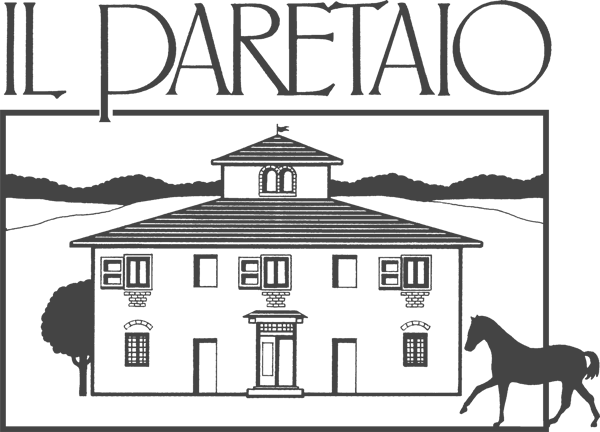Training horses: an endless passion!
Training horses at our Horse Riding Centre in Tuscany we follow the principles of Classical Riding and I think that nothing better than what has been written by Charles de Kunffy could give you the idea of our way of training horses and instructing the rider.Extract from the book "The athletic development of the dressage horse" by Charles de Kunffy.
During instruction, regardless of the rider's level of preparedness, the coach must costantly cater to the needs of both horse and rider. The emphasis, however, must remain on the rider, especially until he reaches a level of effectiveness that allows him to become a "trainer of the horse".
The coache's functions are devided between attention to the rider and to the horse. Coaching should address two consecutive categories: first diagnostic, and then curative. Two logical categories of work will follow: first determining the hierarchical importance of the problems and then knowing which problems are basic and cause the other, lesser ones.
The curative remedies of the diagnosed problems have their hierarchy as well. Some remedies work more effectively or fasters than others, and a coach should know how to differentiate and choose appropriately among them.
This is the kernel of the coaching effort: knowing the appropriate remedies for the diagnosed problems!
I would also like to add some words by Magali Delgado and Frederick Pignon about their Six Golden Principles of Training:
- To foster a more equal relationship, based on trust and respect, in which horse and man learn from each other.
- Never to adopt "standard" or inflexible methods of training but to recognize that each horse develops as an individual and reacts differently to the same stimulus.
- To reduce stress as well as to become a safe, trusted "haven" for the horse.
- Always to be patient and never push too fast or too insistently - and on the other hand, not to allow the horse to get bored.
- Never to use force or become angry.
- To establish a more "natural" form of communication - that is, to further new methods.




